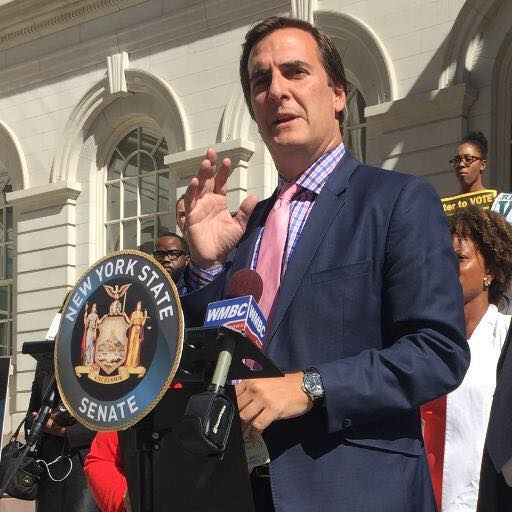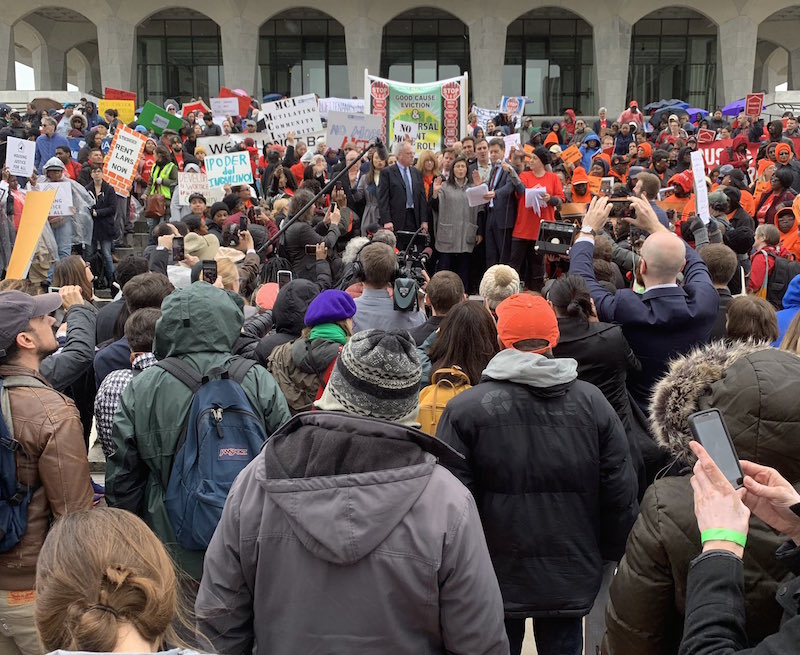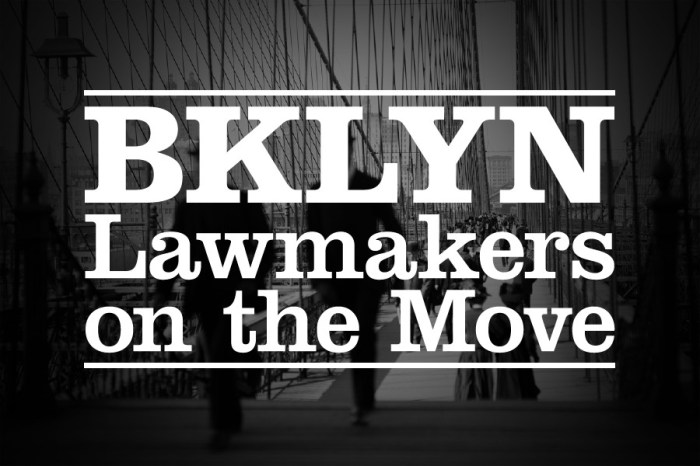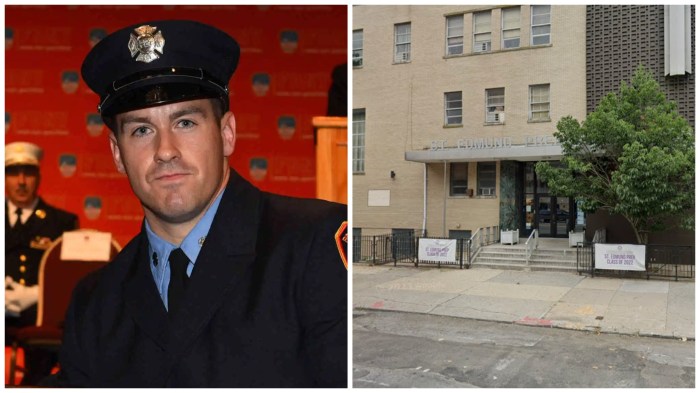June 15 is looming over the heads of many tenants and those in the real estate market.
Unless lawmakers step in with a resolution fast, over one million rent-regulated apartments will be gone before the summer officially starts, according to tenant advocates, like Make the Road Action, a working class and immigrant rights group.

On Tuesday, dozens of residents from neighborhoods in central Queens like Jackson Heights, Elmhurst and Woodside had bused themselves to the state capitol to join over 1,500 other tenants and tenant rights activists in Albany to fight for nine rent control bills that can keep them in their homes, according to State Sen. Jessica Ramos (D-East Elmhurst).
In a tweet of the bus ride to Albany on May 14, many chanted “fight, fight, fight, housing is a right!”
“We are fighting to extend tenant protections to all renters statewide,” tweeted Make the Road NY, the New York chapter of Make the Road Action.
The uncertainty as to whether the Democratic stronghold in the legislature will be able to do something about it has left a profound impact on the city’s multi-family market leaving sales plummeting to their lowest in nine years in the first quarter of 2019, according to Ariel Property Advisors, a commercial real estate service and advisory firm.
Real estate investors are waiting with bated breath to learn if the legislature would be able to pass any bills on vacancy decontrol, vacancy rent increases, preferential rent structure, as well as major capital improvements and individual apartment improvements, or if those proposals will be eliminated, according to Ariel Property.
“Investors understandably stayed sidelined in the first quarter since some of the proposals could have a big impact on the market, with certain properties more vulnerable than others,” said Shimon Shkury, president and founder of Ariel Property Advisors. “We expect the second quarter of this year to be slow as well in anticipation of the new regulations.”
New York City saw $2 billion in multifamily sales across 75 transactions and 110 buildings in its first quarter from January to March, according to Ariel Property. When compared to the last quarter of 2018, that is a drop in dollar, transaction and building volume of 48 percent, 31 percent and 59 percent respectively. The dollar, transaction and building volume also fell to 43 percent, 50 percent and 22 percent from the first quarter of 2018.

Ramos and Senate Deputy Leader Michael Gianaris (D-Astoria) are the some of the lawmakers who were in Albany fighting to pass the bill package that could establish universal rent control throughout New York State to help tenants. Movement on this package could also help those in real estate gain insight on how to move forward with their investments.
“The rent is too damn high and we must abolish MCIs (Major Capital Improvements)!” tweeted Ramos, who signed on to all nine of the bills in the package, according to her office.
The S3693 bill would eliminate the use of MCIs and relieve the current burden which major capital improvements place on rent-regulated tenants. S2203, another MCI bill would create consistency between New York City and counties like Westchester, Rockland and Nassau in capping major capital improvement costs at six percent of the legal regulated rent.
“Too many tenants are priced out of their homes because of MCIs whose only improvement seems to be the landlord’s bottom line,” said Gianaris to Queens County Politics.
Bill S3770 would repeal the provisions allowing landlords to adjust rents in accordance with the total cost incurred for individual apartment improvements and S4169 would eliminate the statute of limitations for rent-stabilized tenants to file rent overcharge complaints.
To prohibit an owner from revoking a rent-stabilized tenants’ preferential rent upon the renewal of a lease, bill S2485 was introduced in the Senate, and bill S2591 was created to repeal Provisions of New York State and New York City statutes that remove apartments from rent stabilization or rent control when such apartments are vacated and could be rented under such statutes for monthly rents of $2,700 or more.
To protect tenants, S185 was made to repeal the ability of a landlord to obtain a twenty percent increase in rent pursuant to the statutory vacancy bonus provision of the Emergency Tenant Protection Act. The purpose of the S289 legislation is to prohibit the eviction of residential tenants or the non-renewal of residential leases without good cause.
The last of the nine bills, S299, would create parity between the maximum rent increases eligible for rent controlled and rent stabilized apartments. It would require the Department of Housing and Community Renewal to cap the percentage rent increase available to owners of rent-controlled apartments at a rate on par with recent Rent Guidelines Board adjustments for 1 – year renewal leases.
In Ariel Property’s “Multifamily Quarter in Review” report, Queens had 14 transactions of 18 buildings that totaled $279.76 million in gross consideration, which means the aggregate amount of cash, according to lawinsider.com.
Although the number of transactions in Queens increased 17 percent, the building and dollar value dropped by 10 percent and 66 percent respectively, according to Ariel Property.
The Real Estate Board of New York is against the radical changes that are in the bill package and have taken out an ad with the Rent Stabilization Association against the proposals, according to Curbed.com, a real estate website.
In one ad that was shared on Twitter on March 19, a small property owner was depicted to be struggling to get by and at risk of losing his building.
In the meantime, Ramos and Gianaris are going to keep fighting for rent control for their constituents and other New Yorkers.
“All New Yorkers deserve high quality, affordable homes and my proposal brings us closer to that goal by ensuring repairs are made without burdening tenants with much higher rents,” said Gianaris. “Thankfully we are just a few weeks away from passing the most significant rent reforms in our state’s history that will preserve affordable housing for millions of New Yorkers.”














